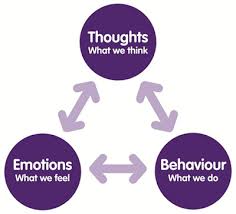One of the nursing homes I visit frequently to see Hospice patients is three floors tall and has elevators for staff and visitors to use. Each entrance to the elevator has a combination key pad where you have to enter the proper sequence of numbers before you can “call” the elevator to your location.
Residents of the nursing home who would like explore on their own are frequently sitting or standing near the entrances in the hopes of hitching a ride with someone who can enter the proper code. In some situations residents insist on boarding the elevator with me. If I can’t verbally convince them to stay on their floor and not board the elevator, I have to let the doors close, go find a staff member to deal with the resident, so I can enter the elevator without aiding a resident in an escape.
The residents have the most “hurt feeling” expressions on their faces when they see I don’t want to let them onto the elevator. It makes me feel like an “Enforcer”. I guess that is because I frequently ask my Hospital patients, “How can I help you today?” with the intention to granting their request if it is allowable for me to do so. At the Hospital I rarely have to say “No”. Many times I have to say that I will check before doing what they ask me to do, and other times I say I will get someone else to help that is better trained for what they need. But I don’t just say “No”. Hospitals and Nursing Homes vary in many respects; this situation is just one of the ways in which the cultures differ. I just have to remember when I am denying a resident access to the elevator I am doing the best thing for the safety of the resident.


